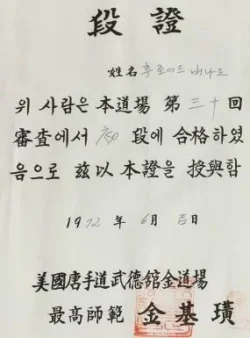You apparently have family ties and no doubt spoke/speak Korean at home. I really don't speak Korean, but have spent time there, and long ago, studied the language and culture. But in that you have the advantage over me. However, I am somewhat familiar with English.
There isn't a direct line from Latin to English. English is a germanic language that picked up a lot from other germanic languages. The Latin influence comes from the Norman conquest and the attempt to force everyone to speak French, which is a Latin derivative. American English picked up more from the Spanish it encountered in the southwest.
From my limited study, Korean picked up some Chinese culture and language from their political and social contacts with different dynasties. They used Chinese in their contacts with China, adopting the Chinese writing. They were for much of their existence, under the suzerainty of China. The relationship was stronger or weaker over time.
But it provided the vehicle for the adoption of many Chinese borrow words in the language. The words for airplane, airport, and bank are ones I remember being assimilated. However, they generally did not bring over the tones used Chinese. I don't recall the word now, but one word I learned in Korean had a tone when I heard it, the same one I had learned in Vietnamese. It was the only 'Korean' word I ever heard with tone.
EDIT: The example depicted by Kinghercules is an example of how the Koreans used to write, with a mixture of Chinese and Korean characters. I never learned how they knew when to use the Chinese characters and when not. I know it was often used in writing when it was important to differentiate between clans. Where Korean might pronounce several clan names the same, and they would be written the same, using the Chinese characters allowed the differentiation.









